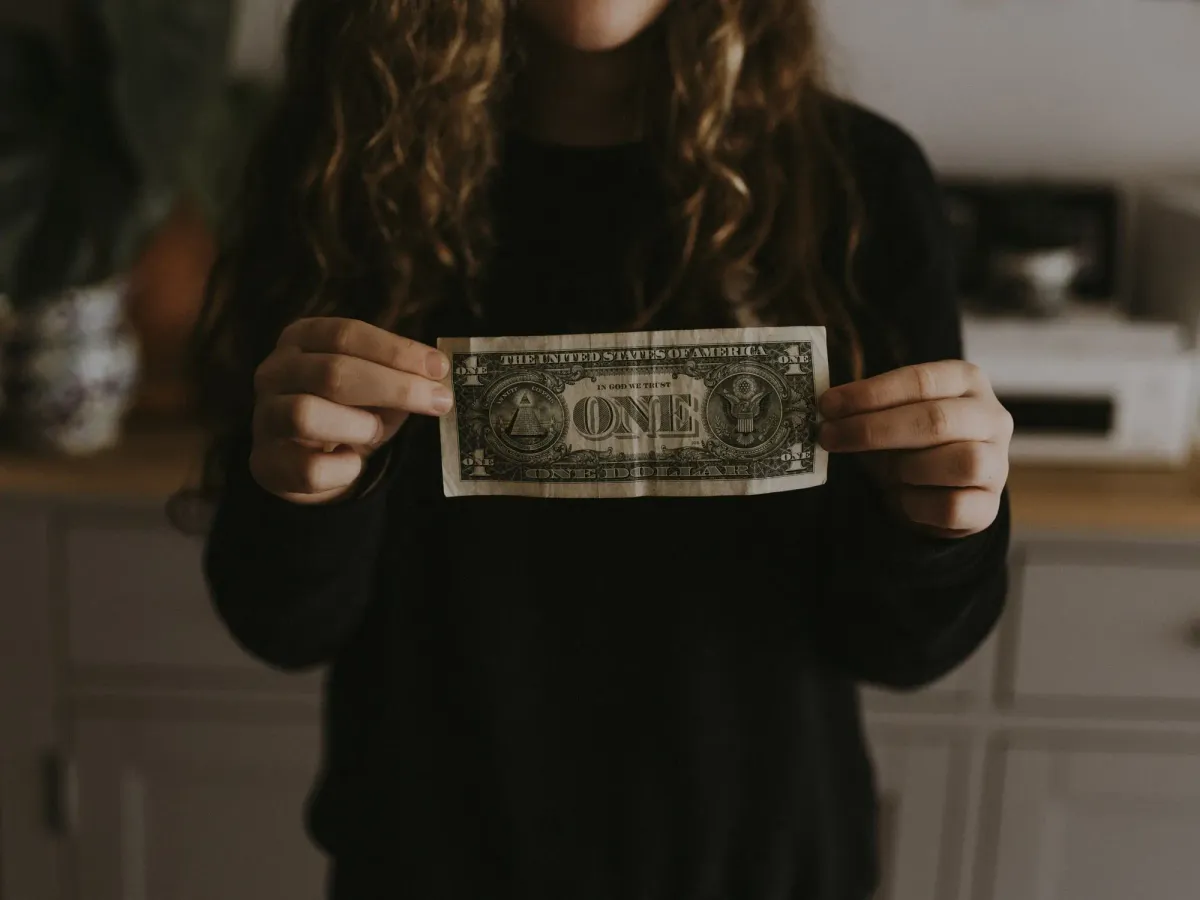We like spending money on what we want, not on what we need
It's a weird psychological truth, but one we must come to grips with.

I've carried around the above observation for a few years now and when I heard the topic brought up during a podcast episode, I immediately knew this was something I wanted to talk out a bit more.
During the episode, host Calvin Rosser talks about his money blocks, specifically around buying raspberries and paying for doctor's visits.
His reasonings echoed some of my own experiences.
With raspberries, they were an item his family couldn't afford to splurge on when he was a kid. So now, even as a successful adult, he carries an emotional block when purchasing this particular item. It's not that this fruit is any more expensive or fundamentally different. Rather, it's the experiences tied to it.
I'd say my equivalent is taking vacations. It's something we never did as a family, so it's taken a lot of work to be comfortable paying for hotels, flights, and activities just because we want them.
In a similar way, Rosser also talks about the repulsion he feels from shelling out money for doctor appointments. This one is interesting because few things cause me as much anxiety as getting a bill from the doctor. Part of that is due to the 6+ months I was on disability leave and where I regularly received 5-figure bills from the hospitals I visited.
How expensive something is contextual. There are dozens of factors dictating how we feel about that price.
But none more than the following: do we want it or do we need it.
Needs versus wants
I enjoy taking my wife out to nice dinners. One of our favorite places in the Cleveland area is Pier W, an upscale seafood restaurant with absolutely unbeatable views of the city.
It's normal for our bill to be around $100. And I enjoy paying for it every time. It feels good, like I accomplished something; like I'm rewarding myself for being able to afford the experience.
Compare that to finding out your car needs additional work after taking it in for an oil change. The issue is minor, but it adds $100 to your bill.
Suddenly, I'm frustrated. I feel taken advantage of because, in this situation, I'm essentially helpless. I need my vehicle. It needs to work, to take my wife and me safely from point A to point B. Not paying isn't an option.
Really understanding this will grant you so much more empathy for the lowest earners in our society.
Financially, they are almost always at the mercy of their circumstances. The vast majority of their income, and oftentimes more, is already spoken for before it's earned. Between housing, transportation, food, childcare, and healthcare they can't seem to catch a break.
So, on the rare occasions they do have "extra" money to spend on a new phone or jewelry or to upgrade their vehicle — of course they're going to take them.
Spending money on what we want is a way of exercising power over our lives. And having power feels good.
The overlap of status, power, and peace
I recently wrote a piece explaining that nearly every purchase we make can be categorized into one of three categories:
- status we can display,
- power we can wield,
- and peace we can enjoy.
But as I think about the needs versus wants debate, there seems to be an overlap. Status, power, and peace overlap at control. Autonomy. Self-will.
Maybe they're all the same thing just with different wrappings. Maybe what I call power another calls peace.
When wants become needs
Wrapping up, it seems that the most financially dangerous place to be is at the mercy of your desires. When the lines blur and wants become needs.
This is when consumer debt can grow like wildfire and financial priorities (like paying the electric bill) can fall prey to financial pifflings (like buying luxury goods).
Fiscal defense is as important as offense. You can't outearn bad habits, they'll always catch up to you.
A few key takeaways
- You can charge more for something people want than something people need and your customers will even thank you for it.
- People categorize needs and wants differently. Make sure you understand who you're talking to, selling to, or advising.
- Financial freedom is as much about doing the internal work of figuring where our blocks are as it is an external strategy (earn high, spend low).
This was my far the twisty-est ramble yet, my apologies!
I'm only beginning to travel down the many money-related rabbit holes I've wanted to explore for some time. I know there are gems to be found — ones that will unlock entirely new experiences and perspectives.
I've learned to value directions more than destinations. And we are headed somewhere good, even if it does not have a name yet.
Thank you for coming along.
